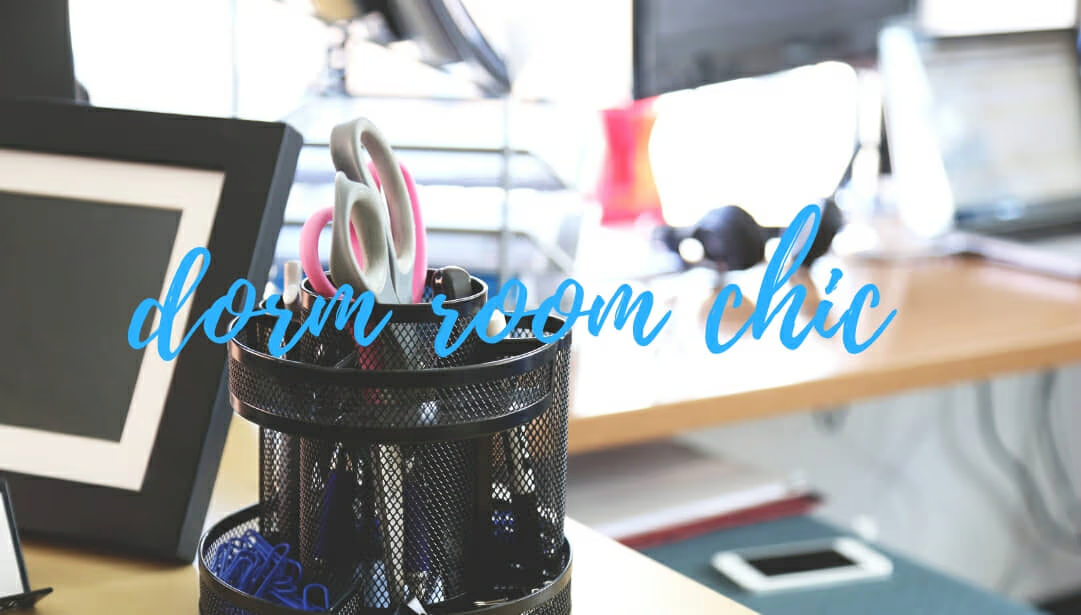A few months ago, we embarked on a journey on the WFMO blog. Our goal? We wanted to discover and discuss the many sleep factors that impact the ability to rest well. By knowing these different factors, you can change poor sleep habits for the better and live a healthier, more positive lifestyle!
To be frank, the first factor impacting your sleep might be you! For better or worse, we are all the products of our regular, daily (or nightly) routines. Problems caused by these poor sleep habits are entirely self-inflicted. Unfortunately, most people are uncertain about how to break bad sleeping habits. Many don’t even realize these issues exist at all! By the end of this article, you’ll have some idea about how you might be unwittingly sabotaging your sleep, and how you can fix it!
Identifying & Owning Our Bad Sleep Habits
If you’ve got kids, you’ve probably told them “No sugar right before bed!” on many occasions. Untold millions of parents across the globe endlessly repeat this same mantra. Why? Because it’s well known fact that a child with sugar coursing through their veins won’t be able to fall asleep. However, why aren’t we just as diligent with correcting our own behaviors?
Just like a toddler who’s had too much ice cream, we regularly do things that undermine our ability to sleep well. Don’t know how to break bad sleeping habits? First, we have to identify our poor sleep habits and take responsibility for them. Only then can we replace those habits with positive ones.
Not Enough Sleep? Or Too Much?
Did you know that over 1/3 of adults in the United States are chronically sleep deprived? Medical professionals recommend at least 7 hours of sleep for adults. While the CDC’s figure is around 35%, some studies state that nearly half of American adults are sleep deprived! Are you one of them?
Furthermore, did you know that getting too much sleep is linked to some of the same symptoms suffered by those who are sleep deprived? In fact, a recent study (and the largest sleep study ever undertaken) found that higher cognitive functions were best in study participants who got 7-8 hours of sleep per night. Participants that regularly got more sleep than 8 hours were as impaired as those who had gotten less than 7 hours.
Of the common poor sleep habits on this list, this one is probably the most widespread. If you regularly get too much or not enough rest, it can wreck your physical, emotional and mental health. If this is you, it is imperative that you get your circadian rhythm back on track. To address this, try to wake around the same time every single day. Yes, even on the weekends. Once you re-establish a “normal” sleep/wake cycle, you’ll thank yourself!
Put Your Devices to Sleep Beforehand!
According to Nielsen, American adults spend a staggering 11 hours per day looking at screens! Is it really that surprising, though? Between work and leisure, it seems like everything involves a screen these days. Between work emails, web surfing, texting, watching TV, streaming services, video games, or scrolling through social media – let’s face it. Our lives are mostly digital, and tech before bed is indeed one of the worst of our bad sleep habits.
The problems come when we don’t give ourselves a break, or give our brains time to wind down before bed. Artificial light negatively impacts our sleep because it confuses our natural sleep/wake cycles. But beyond that, the light emitted from various electronic devices, called “blue light”, is especially bad for sleepers. This is because blue light suppresses the body’s production of melatonin, the hormone that regulates sleep. For a better night’s rest, put your smartphone, tablet, TV, etc. to sleep before you go to sleep yourself. Try to cut out these devices for 30 minutes to an hour before bed and read a book instead!
Examine Your Diet!
We are ultimately in control of what we put into our bodies. Unfortunately, we all make bad dietary choices on occasion. Some of those choices can negatively impact the body’s ability to recharge properly. Poor sleep habits and diet are more linked than most people realize, and it goes far beyond the toddler/ice cream analogy we mentioned above. It’s not just sugar. Do you eat acidic, spicy foods late at night? Say “hello” to acid reflux! In fact, heavy snacking of any variety right before bed can cause sleep issues.
Caffeine before bed is another obvious example. Sure, some people are more sensitive than others, but caffeine has a half-life of about 6 hours in your body. So that coffee or Coke you drank 6 hours ago is still at half of its potency! Do yourself a favor and brew some decaf if you’ve got to feed your coffee obsession after dinner. If you’re a smoker or vaper, nicotine has very similar properties to caffeine and is equally disruptive.
Lastly, drinking alcohol before bed is another big no-no. Given alcohol’s reputation as a depressant that makes one drowsy, you’d think it would actually help the sleep process. On the contrary! While alcohol does indeed cause you to fall asleep more quickly, it actually results in less REM and slow-wave sleep – both of which are critical for a good night’s rest. Additionally, alcohol consumption before bed can worsen existing sleep issues like snoring or sleep apnea.
You Have The Power to Break Your Poor Sleep Habits & Improve Your Sleep Quality!
To sum up, our bodies need quality sleep and unfortunately, we all do things to derail our circadian rhythms. But it doesn’t have to be that way. We’ve armed you with knowledge, now get out there and change those poor sleep habits! You can do it!
In our next talk on Sleep Factors, we’ll talk more in-depth about how your environment can impact your sleep quality. Of course, if you missed our introductory post on Sleep Factors, you can read it on the WFMO blog archive. Finally, check out our entire Sleep Series for other tips on how to sleep better! See you next time!
PS: Are you moving soon, or do you know someone who is? Check the WFMO blog next week to learn why moving day might be the best time to upgrade your furniture!










